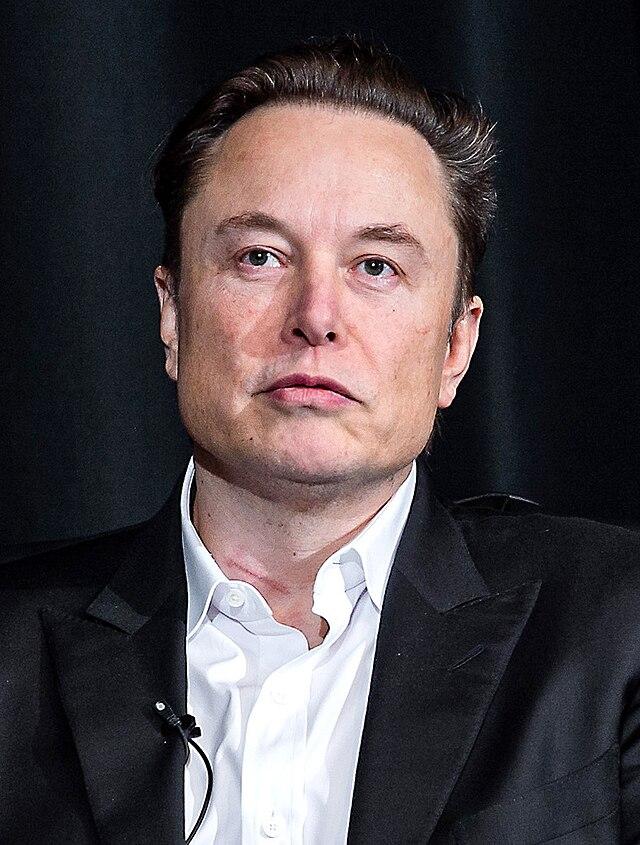Escalating Crime in San Francisco Triggers Widespread Business Shutdowns
San Francisco is currently facing a significant surge in criminal activities that have severely disrupted the operations of local businesses, leading to numerous closures across the city. Retailers, eateries, and service providers are increasingly reporting incidents of theft, property damage, and violent altercations, creating an environment that many find untenable. Once bustling commercial districts now feature shuttered storefronts and a noticeable decline in pedestrian activity. Both residents and business owners describe the atmosphere as grim, with some likening the cityscape to a dystopian or “post-apocalyptic” setting.
Primary challenges impacting businesses include:
- Frequent smash-and-grab robberies targeting luxury and boutique stores
- Increased nighttime vandalism and looting, often going unpunished
- Decreased law enforcement visibility and delayed emergency responses
- Heightened employee safety concerns contributing to labor shortages
| Industry Sector | 2023 Closure Rate | Incident Frequency |
|---|---|---|
| Retail | 35% | Very High |
| Food & Beverage | 28% | Moderate to High |
| Service Sector | 22% | Moderate |
Elon Musk Labels San Francisco a “Post-Apocalyptic” City Amid Crime Surge
Elon Musk, CEO of Tesla and SpaceX, has publicly expressed deep concern over the worsening conditions in San Francisco, characterizing the city as resembling a “post-apocalyptic” environment. Musk pointed to the escalating crime rates and the proliferation of closed businesses as clear signs of a metropolis struggling to preserve its former vitality. He noted that once-thriving commercial streets are now dominated by disorder, with local enterprises facing relentless threats from theft and destruction.
Among the critical issues Musk highlighted are:
- Increasing shoplifting and property damage incidents prompting store shutdowns
- Expansion of homeless encampments impacting public safety and sanitation
- Declining trust in law enforcement’s capacity to effectively combat crime
San Francisco’s challenge lies in balancing its reputation as a leading tech hub with the mounting social difficulties it faces. City officials are under pressure to implement effective measures to reverse these trends and rebuild confidence among both residents and business owners.
| Challenge | Consequences | Recommended Actions |
|---|---|---|
| Crime Increase | Business closures | Boost law enforcement presence |
| Homelessness | Safety and sanitation issues | Implement comprehensive social support programs |
| Eroding Public Trust | Decline in tourism and investment | Enhance community engagement efforts |
Economic and Social Repercussions of Business Closures in San Francisco
The ongoing wave of business shutdowns is undermining San Francisco’s economic stability, signaling a troubling shift for both entrepreneurs and residents. As crime and vandalism drive retailers to close, the city’s commercial hubs are becoming increasingly deserted, resulting in job losses and diminished tax revenues. Small enterprises, which form the backbone of the local economy, are disproportionately affected, struggling to survive amid declining customer traffic and sales. This contraction not only impacts employment but also reduces the city’s capacity to fund essential public services.
Notable economic impacts include:
- Job losses: Store closures lead to significant layoffs across sectors.
- Decreased consumer activity: Reduced foot traffic weakens economic vibrancy.
- Lower public revenues: Declining sales tax receipts strain municipal budgets.
| Economic Metric | Pre-Closure | Post-Closure |
|---|---|---|
| Number of Local Businesses | 1,200 | 900 |
| Monthly Sales Revenue (in millions) | $85M | $56M |
| Retail Employment | 15,000 | 10,500 |
The economic downturn has also triggered profound social consequences, reshaping community life and neighborhood dynamics. Residents report a growing sense of isolation as familiar social hubs disappear, weakening the communal bonds that once defined the city’s neighborhoods. The prevalence of boarded-up shops and a decline in nightlife contribute to an atmosphere of insecurity and urban decay. Public events have dwindled, and many neighborhoods feel fragmented, diminishing overall quality of life.
Social effects observed include:
- Lower levels of community participation and fewer public gatherings
- Increased feelings of vulnerability and neglect among residents
- Widening gap between thriving commercial areas and neglected neighborhoods
Comprehensive Approaches to Enhance Safety and Rejuvenate Urban Spaces
Addressing the challenges faced by urban centers like San Francisco demands a holistic strategy that tackles both immediate security issues and the root causes of decline. Effective crime reduction requires investments in advanced surveillance technologies, bolstered police patrols, and rapid-response units to deter criminal behavior. Beyond traditional enforcement, fostering community policing initiatives can build trust and cooperation between law enforcement and residents, creating a more resilient social fabric. Essential strategies include:
- Installation of improved street lighting and expanded use of CCTV cameras
- Development of neighborhood watch programs and community engagement activities
- Application of data-driven analytics for proactive crime prevention
- Legal reforms to impose stricter penalties on habitual offenders
Equally critical is addressing socio-economic contributors to urban decline. Investments in affordable housing, workforce development programs, and accessible mental health services can stabilize vulnerable populations and reduce crime rates. Collaborative efforts among municipal authorities, private sector stakeholders, and nonprofit organizations are vital for sustainable urban renewal. The following table outlines a balanced framework for safety and revitalization:
| Focus Area | Initiative | Anticipated Result |
|---|---|---|
| Law Enforcement | Increase patrols and community policing | Lower violent crime rates |
| Urban Infrastructure | Enhance lighting and surveillance systems | Improved public safety perception |
| Community Investment | Job creation and mental health services | Reduced recidivism and stronger communities |
| Judicial Reform | Tougher sentencing for repeat offenders | Greater accountability |
Conclusion: Addressing San Francisco’s Urban Challenges with Urgency
As San Francisco confronts a troubling rise in crime and its cascading effects on local commerce, Elon Musk’s vivid depiction of the city as “post-apocalyptic” highlights the critical need for swift and effective interventions. The closure of numerous businesses not only signals economic distress but also reflects deeper social fractures that threaten the city’s identity and future. Policymakers, community leaders, and residents must collaborate to implement comprehensive solutions that restore safety, foster economic recovery, and rebuild public trust in one of America’s most renowned urban landscapes.




